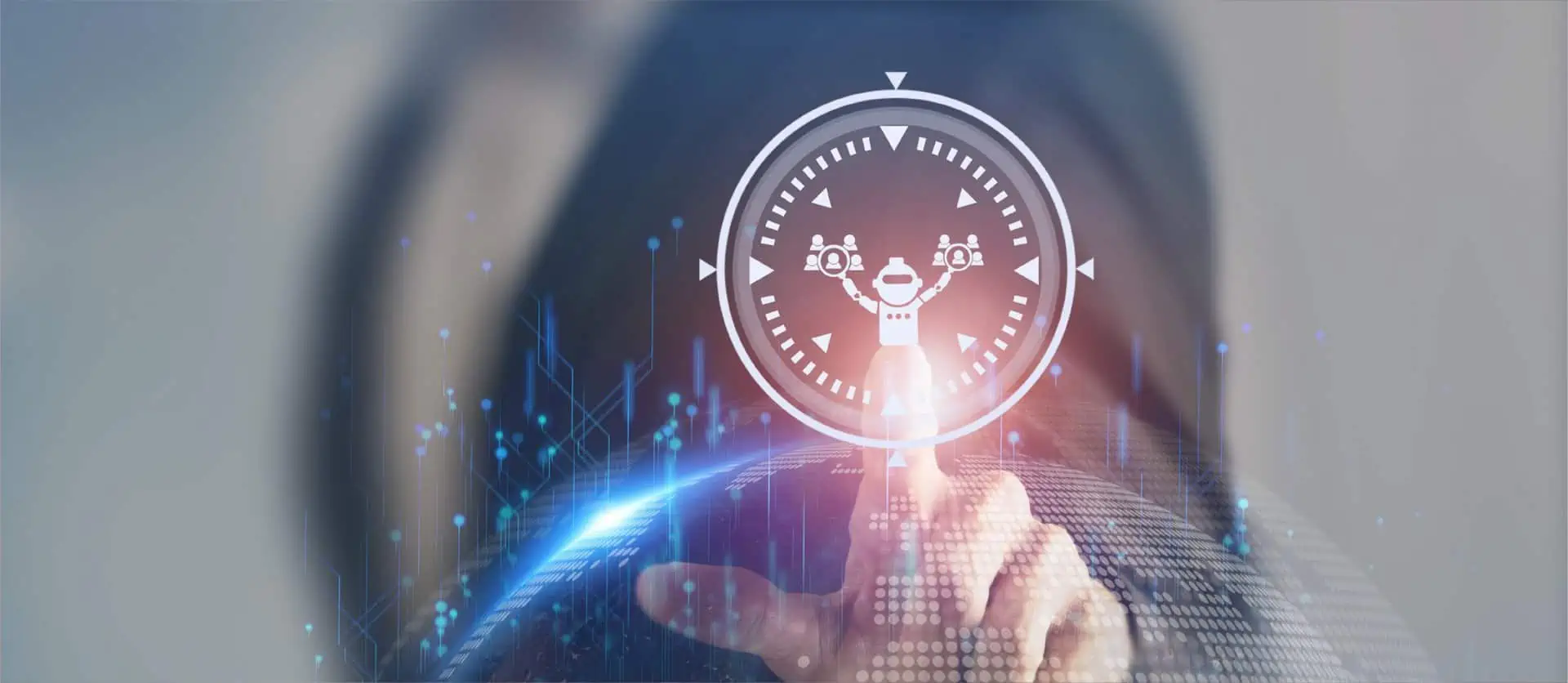11 Mar The impact of AI and automation on HR processes and the future of work

Automation and artificial intelligence (AI) are revolutionising many sectors, and they have already begun to change how the HR function is performed. HR departments can benefit from automation and AI technology by completing routine, repetitive operations and decreasing their manual workload. As a result, HR professionals have more time to devote to higher-value tasks that call for strategic thought and human interaction. AI and automation will play a bigger role in the HR sector in the future of work.
Talent management and Hiring:
Automation and AI are already influencing hiring and talent management. HR workers may use AI-powered recruitment tools to analyse resumes and other internet data to find the best applicants for a position. AI can aid in locating pertinent qualifications and experiences, as well as evaluate a candidate’s temperament and manner of communicating. Recruiters can engage with job seekers around-the-clock and provide them feedback in real time with the use of chatbots. This can expedite the hiring procedure and save HR personnel time.
Engagement and Retention of Employees:
Chatbots using AI can also be utilised to improve staff retention and engagement. Chatbots can be built to give staff members immediate responses to inquiries regarding benefits, rules, and other HR-related subjects. This lessens the strain on HR experts while assisting employees in getting the information they want promptly. AI can also examine employee data to pinpoint elements that influence employee turnover. This data can be used by HR experts to create retention plans and enhance the working environment.
Training and Development:
Training and development can benefit greatly from AI and automation. By evaluating their performance and recommending suitable training programmes, AI-powered chatbots can offer employees individualised learning experiences. Also, automation can make it easier for HR departments to create and distribute training materials. Automation can be used, for instance, to plan training courses, monitor attendance, and offer follow-up support.
HR and the Future of Work:
AI and automation will play a bigger role in the HR sector in the future of work. To properly use future AI and automation technologies, HR professionals will need to be aware of them. AI and automation will also be used in areas like performance management, workforce planning, and compliance.
Although using AI and automation in HR procedures provides advantages, it’s crucial to take into account any potential drawbacks as well. The effect of job displacement is one of the main issues. To be relevant and marketable in the workplace of the future, HR professionals will need to learn new skills.
In conclusion, automation and AI will continue to alter HR procedures and the nature of the future workforce. HR professionals will be better prepared to face the challenges of the future of work if they adopt these technologies and learn how to use them successfully. While there are worries about job displacement, it is impossible to overlook the advantages of automation and AI in HR procedures. HR departments can leverage AI and automation to boost effectiveness, productivity, and employee engagement with the correct strategy.


